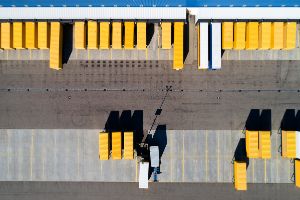How will work change in the Metaverse era?
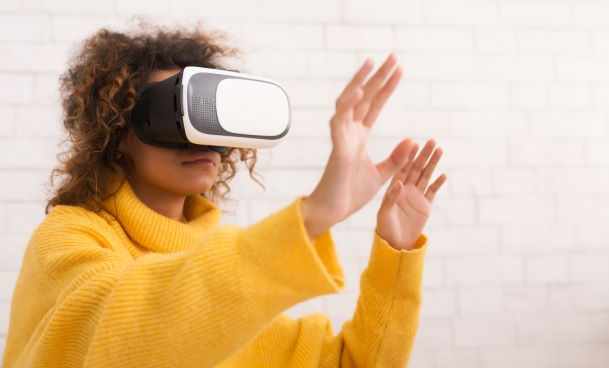
Security on the Meta plane
Aside from any office tasks, what others can be migrated to the metaverse? Zuckerberg believes that there is virtually no limit in this regard. We could put forward some feasible cases because dedicated user experience and remote intervention technologies are already in use today: From monitoring and managing industrial activities from digital replicas, such as the BMW factory in Regensburg (Germany), to shopping centres where salespeople and customers interact in real time and in a digital universe.
It can also include any activity involving prototyping and design of objects or services, and also any maintenance and repair of computer systems or machinery online or hybrid, i.e. face-to-face, but with the assistance of digital blueprints superimposed on the objects: augmented reality. With the same logic, medical interventions, telecare services or training supported by extended realities (virtual, augmented and mixed) will also be possible. Even psychological therapies to treat phobias through virtual experiences that are less distressing for patients. The metaverse would enhance this capability with its realistic feel.
We are talking about, as Raya explains, "a psychological perception that one is really inside that world". Therefore, according to the expert, what happens on the virtual plane is associated with the physical world and can have identical risks and consequences. The good, but also the bad, e.g. the possibility of online crimes such as fraud, money theft, psychological aggression, identity theft or, in general, cyberattacks that exploit the exposure of private data, both personal and business, on an unprecedented scale.
One of the leading companies in this new technological world, Meta (Facebook's parent company), recently explained what teleworking will be like in the very near future: A young man enters his office — a room in his own home — and puts on a pair of normal glasses, which are also virtual reality viewers. Suddenly an immersive 3D scenario unfolds around him, replicating the physical office of his company, an architectural firm. Similarly, his co-workers are also there as their avatars, even if they are physically located somewhere else on the planet. They can all work together, even inside the 3D model, to adjust the details of the project. They're inside a vast digital counterpart of everyday life, the metaverse.
Anyone in this parallel world can do pretty much everything we do on this side of reality: leisure and business, buying and selling, working and socialising, but with the advantages of immediacy, ubiquity, serviceability and therefore productivity. Moreover, the metaverse and the physical plane are not watertight but hybrid spaces, and their development is expected to be extremely extensive and revolutionary in terms of work and consumption.
Bill Gates expects the occupational prospects of the metaverse will pave the way for the rest and lead to operational prototypes in two to three years' time. All this involves research and thousands of people engaged in its development. Meta aims to recruit as many as 10,000 professionals in Europe in five years. We are talking about experts in computer graphics and new technologies, such as blockchain and IoT, which are key to making the experience in this "parallel digital world" completely immersive and allowing users to carry out economic transactions, agreements and contracts securely.
In fact, the availability of this army of specialised professionals, demanded not only by Mark Zuckerberg's company but also by other technology companies, far exceeds supply and could be a huge bottleneck, warns Laura Raya, director of postgraduate programmes at the University Centre for Technology and Digital Arts.
Other work activities
Another major field of meta-work will be public and private cybersecurity, which is indispensable for mass and therefore cost-effective use. In addition to the availability of technological talent and investment to carry it out, the great challenge of the metaverse would be threefold, according to Raya:
- The technological leap of mutually compatible applications and programmes, e.g. power point presentations already in development, devices such as virtual glasses, 3D movie level graphics and all the computing power and latency-free connectivity (5G at least).
- Avatars and their interaction should naturally replicate emotions, expressions and gestures capable of convincing users.
- Adoption of general regulations and frameworks for coexistence to render the Metaverse a sufficiently secure place.

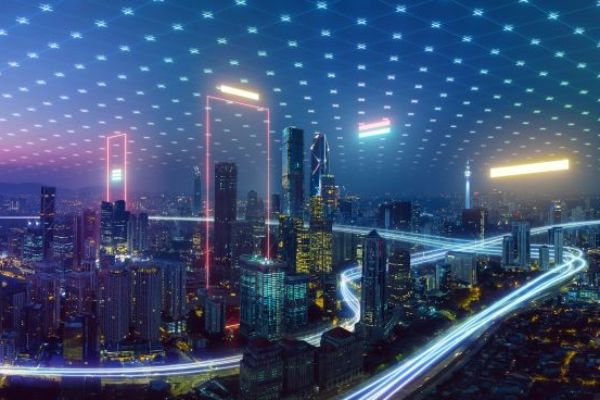

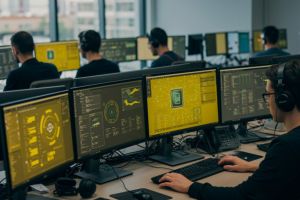.jpg)
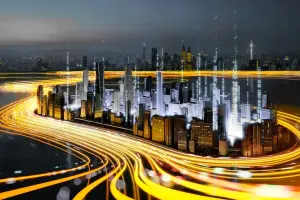.webp)
